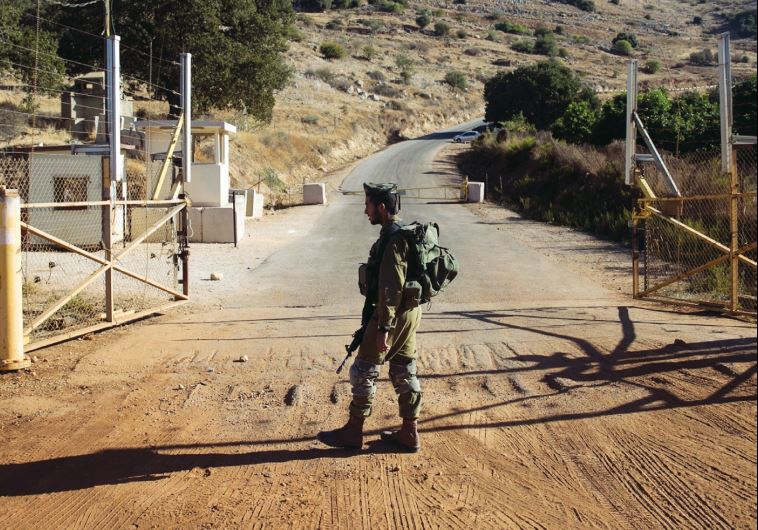The problem no one talks about
Israeli lone soldiers do not have the luxury of parents writing letters in support of them to journalists or to reach out to officers in the IDF.
 An IDF soldier stands guard at a check point near the Lebanese- Israeli border, in October 2014Updated:
An IDF soldier stands guard at a check point near the Lebanese- Israeli border, in October 2014Updated: